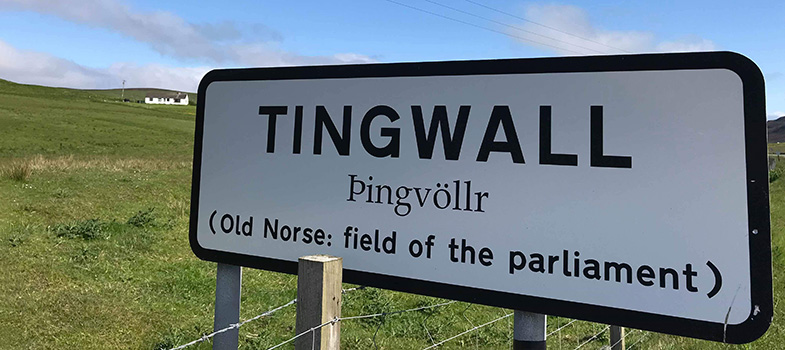Further research
Sport has been a subject for literature only occasionally. However, some of Scotland's greatest writers [Tip: hold Ctrl and click a link to open it in a new tab. (Hide tip)] have produced work in the Scots language.
Look for the folk song Fitba Crazy which was originally written by James Curran in the 19th century and has changed throughout the following decades. It became a British pop hit in 1960 for Robin Hall and Jimmy McGregor. Compare the written words on Sangstories to the lyrics on YouTube which have been slightly altered for a non-Scots audience.
Robert Burns included a poem on Curling in his elegy for his friend Tam Samson who had not yet died when it was written! Poem: ‘Tam Samson's Elegy’.
An explanation of some of the terms used in Curling can be found in the RCCC's History of the Game.
Find out more about the similarities of Curling and Bowls in Encyclopaedia Britannica (2018) Curling and A Tomlinson's A Dictionary of Sports Studies, Oxford University Press.
An interesting insight into women’s football in Britain is provided in: Tate, T. (2013) Girls with Balls: The Secret History of Women’s Football, London, John Blake Publishing.
To listen to the Scots language in a sports context, tune in to the Off the Ball football show, which you have already come across in unit 1, on BBC Radio Scotland, moderated by Tam Cowan and Stuart Cosgrove. This website, with a wide collection of clips and live programmes, highlights that Scots is very much a living language of Scotland.
Another interesting recording is a short interview with Stuart Cosgrove from the Off the Ball radio show, in which he talks about how his childhood shaped the language he uses. Cosgrove “discusses how important Scots words are in relation to any discussion about Scottish football. He reflects on his childhood and how the language of the playground was Scots and the language of the classroom was more formal English. He invites the viewers to take pride in their language and continue to celebrate their culture and history by using it”.
If you want to listen to a recording about football in the Doric dialect, listen to ‘Auchterturra’, a comic performance by one the characters from 'Scotland the What?'. An Aberdeen football fan addresses a humorous good luck message to his team, on behalf of the fictitious village of Auchterturra, and expresses his unhappiness at being unable to be at the match himself.
Listen to Rhona Martin speak about Scots language and curling in this BBC Bitesize clip. The Olympic Curling champion explains how stones on the rink can often create a messy picture and resemble a 'guddle'. Rhona talks us through the games leading up to the Gold medal performance and the dramas on the way to victory. She comments on being 'scunnered' and 'crabbit' on occasion, suggesting that the sport has its ups and downs.
Now go on to Unit 9: Drama, television and film.
8.6 What I have learned
